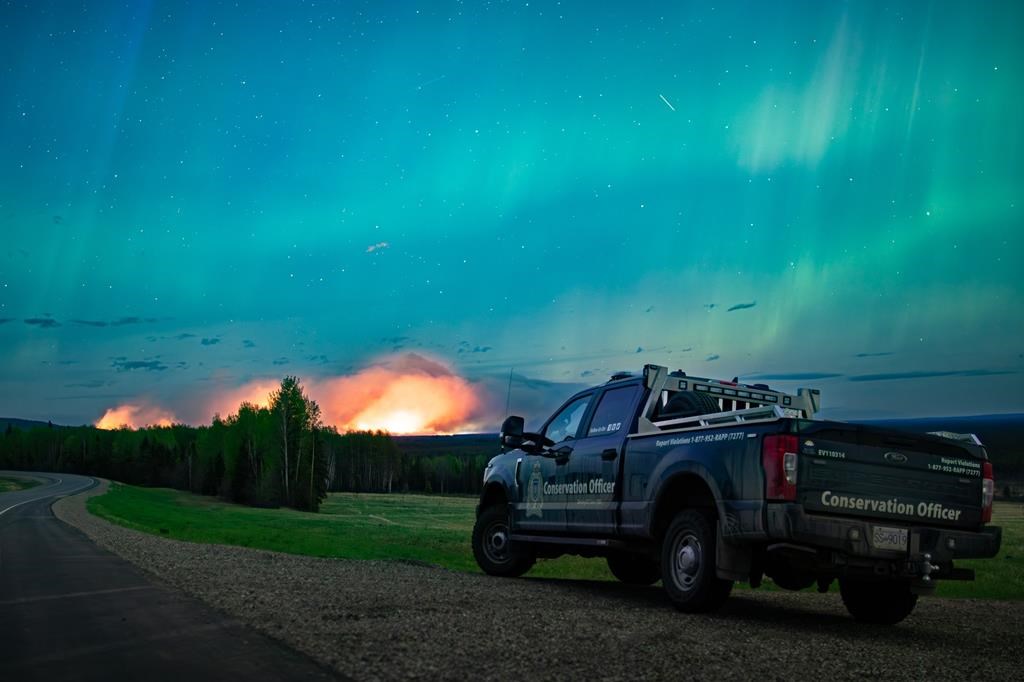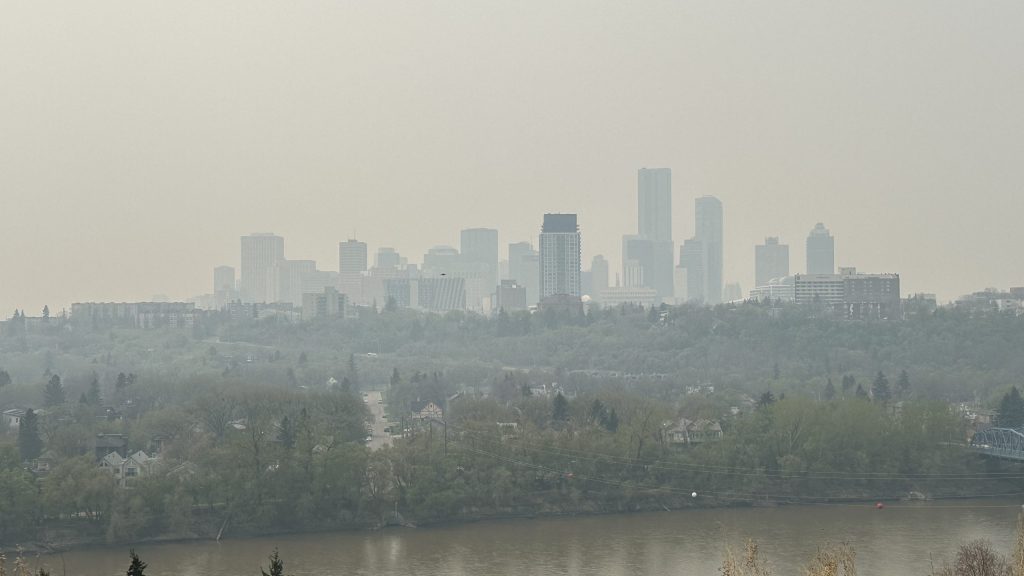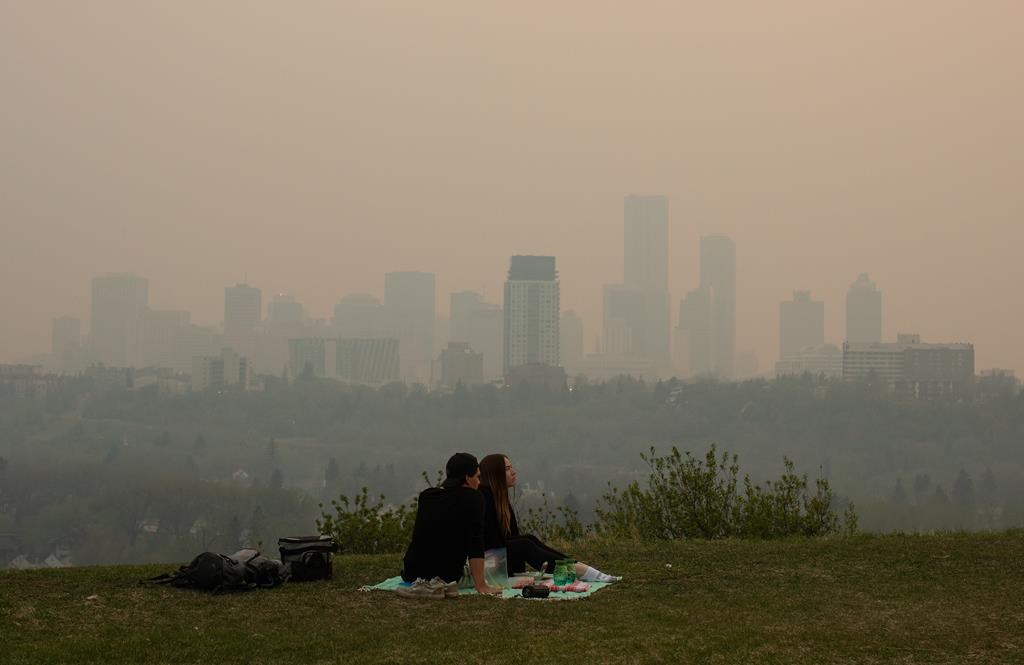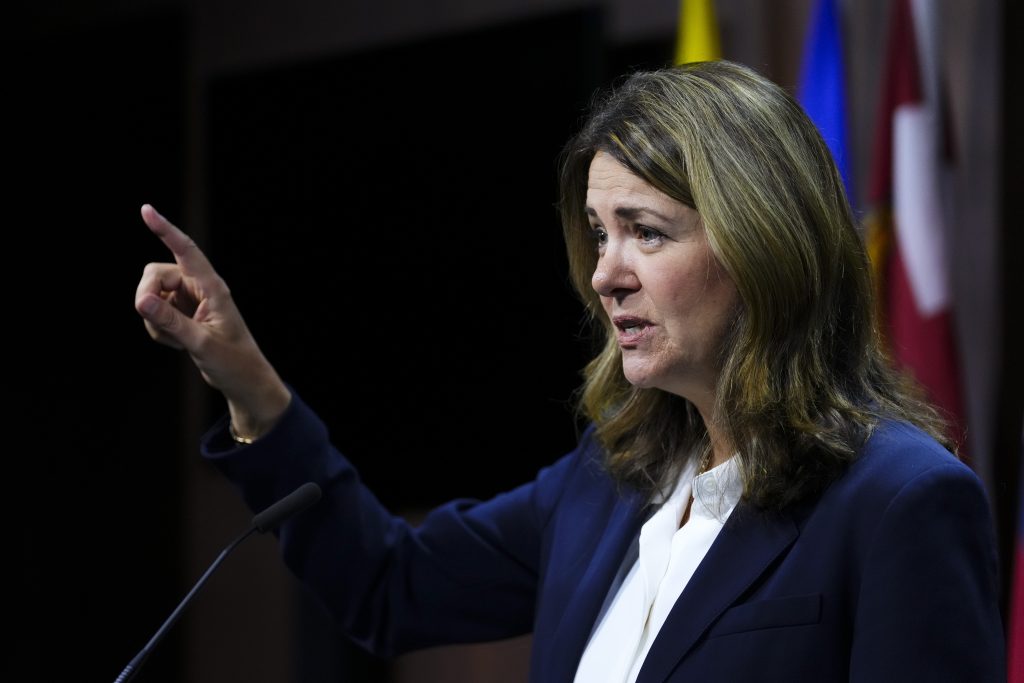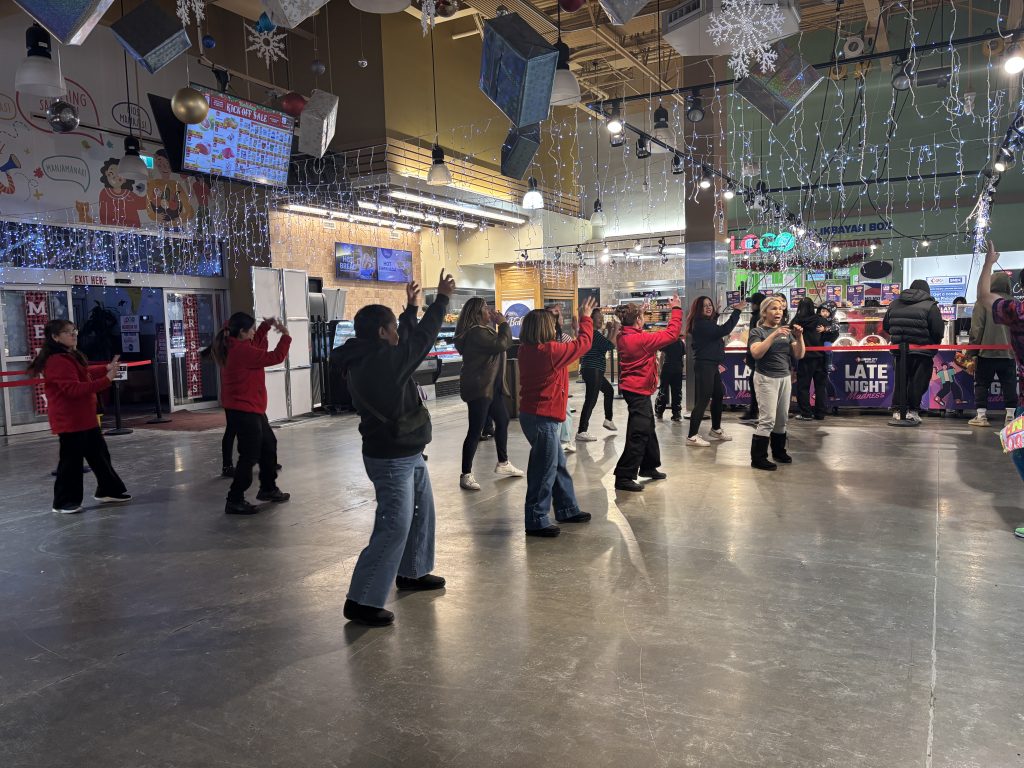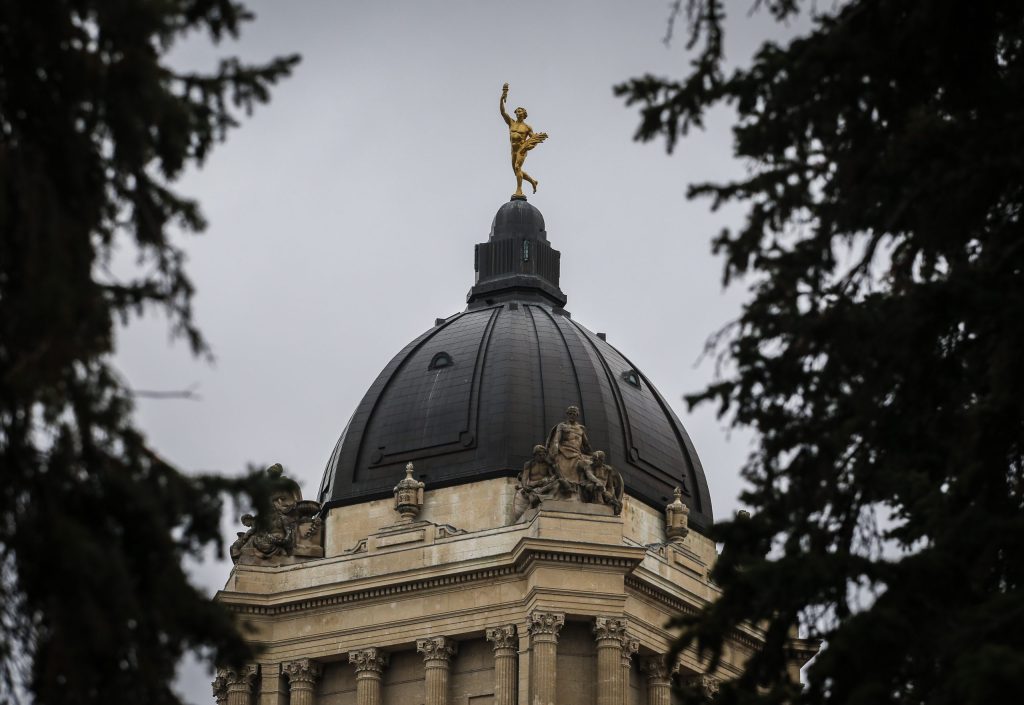Northern communities left with limited communication networks due to wildfire
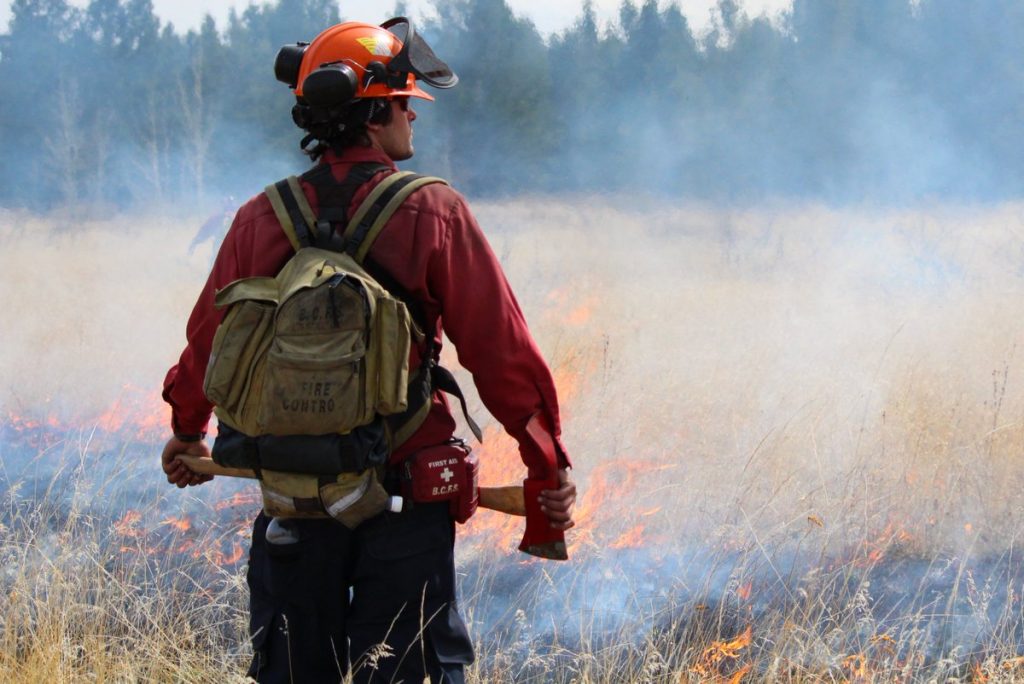
Posted May 14, 2024 1:42 pm.
Last Updated May 15, 2024 10:32 am.
During an emergency communication is key, but many in areas of Northern B.C., Yukon, and Northwest Territories were left in the dark over the weekend as internet and phone services were disrupted due to a raging wildfire.
“Because they all rely on fiber optic lines for that service. And when wildfires roll across them, they can basically just turn that into a melted mess,” explained Ollie Williams, the editor of Cabin Radio.
They will burn infrastructure that’s in the ground even. That causes huge complications because then you need technicians to be able to get in to repair that stuff. And sometimes it’s really difficult to do that safely if wildfires are still burning.
“And that means that unless you have a Starlink or a device like that, then you don’t have any access to the outside world but you also can’t phone 911. You can’t call the police, can’t call the health center. You can’t call if you see a fire, so there were real issues that that creates inside small isolated communities.”
Last summer, Cabin Radio in Yellowknife was a lifeline for people impacted by wildfires. They provided critical, sometimes life-saving information. But as an internet radio station, they too were cut off from the rest of the world.
RELATED:
“It’s extremely frustrating, of course, when you’re trying to provide people a service over the internet and they don’t have the internet to access that in a crisis,” said Williams.
Williams says Cabin Radio has been applying for an FM license now for five years. Saying the severity of the wildfires last summer is exactly why they need the ability to get information out to those impacted.
“When everything else goes down, FM radio is still really valuable and can carry on operating on a local basis. Even when you don’t have the internet, and you don’t have a phone,” he explained.
A spokesperson for the government of Yukon warned of possible future disruptions as wildfires continue burning.
“We have our natural hazards like a wildfire impacting people like in class all sorts of disruptions, including telecommunications. that’s why emergency preparedness including knowing what your risks are in your community are so important,” said Ana Potzkai, disaster and emergency management instructor at NAIT.
Although a radio might feel like an ancient piece of technology, Potzkai says it could be your only way to receive critical information.
“In order to mitigate that risk, personal preparedness is having a way to communicate with with people. So even if it’s if your phone is down, you can still get those alerts through a radio that doesn’t require you to get plugged in knowing what your evacuation routes could be. Being alert and staying in touch with people through different means that don’t involve phones and the internet,” said Potzkai.
Despite not being able to readily get information out to the community, Cabin Radio says they partnered with local community-run radio stations to share wildfire updates.
“Communities like Fort Simpson, for example. They’ve got about 1,000 to 1,500 people, and they were trying to get information out on their local community radio station, Łı́ı́dlı̨ı̨ Kų́ę́ First Nation there, so we were sending audio to them through the weekend using a Starlink so that they could run that over to the radio station, put it on the air and broadcast it locally,” said Williams.
“That’s one way that we can contribute. And we tried to have those partnerships with local community-run stations to help them out. And that’s something we’re going to try to do more because this is still a technology that people are turning to when they haven’t got any other choice.”
